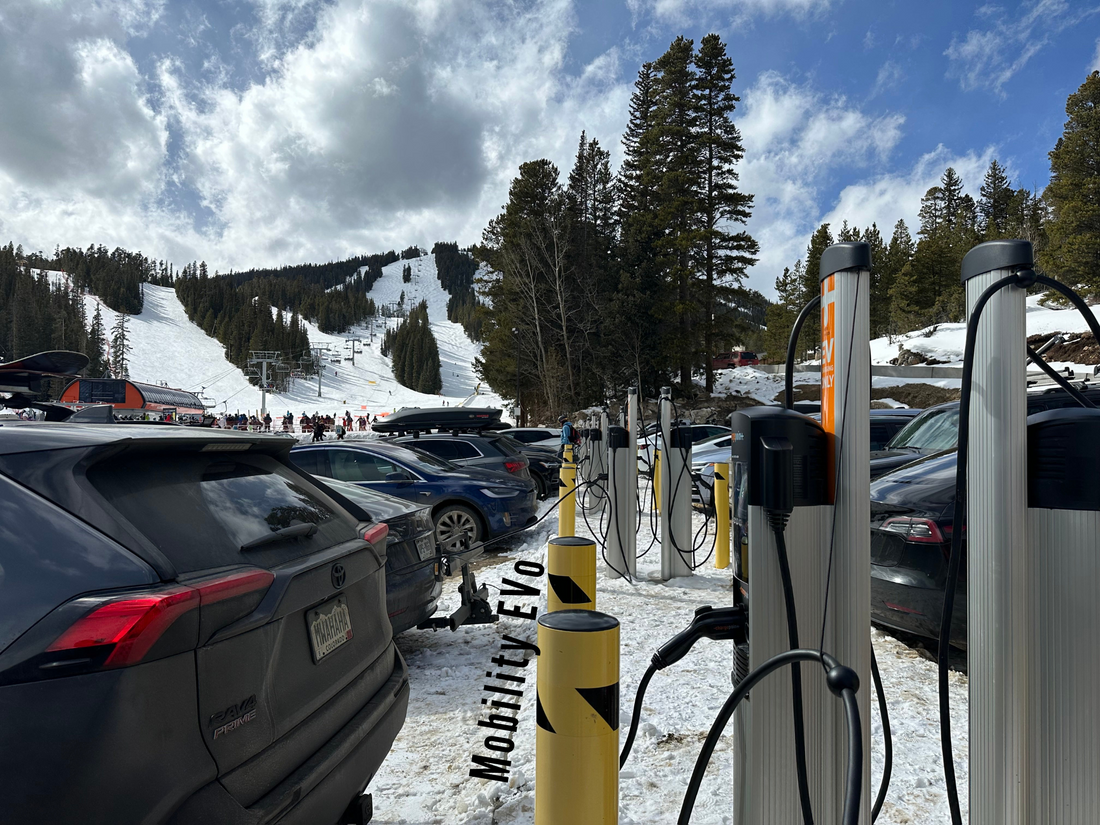
The State of EVs in Europe
The State of EVs in Europe
Electric vehicles are an essential component of the energy transition towards zero emissions. The number of fully electric passenger cars in EU countries has increased by 58% from 1.9 million in 2021 to 3.1 million in 2022. This growth is a significant change in the automotive sector in Europe, and it shows that EVs are becoming more popular. In this article, we will look at which European countries are leading the way in EV adoption and explore why Norway is doing the best on EV penetration compared to Germany and other European nations.
The Rise of EVs in Europe
- EVs as a significant part of the energy transition towards zero emissions
- 58% increase in the number of fully electric passenger cars in EU countries from 2021 to 2022
- More than 400% increase in the number of fully electric passenger cars in EU countries between 2019 and 2022
- Share of EVs among the total number of cars rose to 76 per 10,000 in the EU in 2021, up from only 2 per 10,000 in 2013
Which Countries Are Leading the Way?
- In 2022, the number of fully electric cars exceeded 500,000 in four European countries; Germany (1,089,854), the UK (641,801), France (605,791), and Norway (603,697).
- Norway has done the best by far in its progress towards zero emissions, with 15.5% of all cars being fully electric in 2021.
- The Netherlands (2.8%), Denmark (2.4%), Sweden (2.2%), and Iceland (2.2%) also had a higher than 2% share of fully electric cars in 2021.
- The share of fully electric cars among all cars was 1.3% in Germany, 1.2% in the UK, and 1% in France.
- Cyprus, Poland, Bulgaria, and Czechia (all 0.1%) had the lowest shares of battery-only electric cars in the EU.
EV Penetration Among Newly Registered Cars
- In the EU, 8.3% of all newly registered cars were fully electric in 2021.
- Norway was again an outlier with its share of fully electric cars among all newly registered cars being 4 out of 5 (79%).
- Germany had 18%, the UK had 17%, and France had 13% of fully electric cars among newly registered cars in 2022.
Why Does Norway Have the Highest Share of EVs?
- Norway has pushed manufacturers towards EVs by imposing strict pollution limits and insisting all new cars sold by 2025 must be emission-free.
- Motorists are being offered generous tax incentives, including the exemption of zero-emission vehicles from the registration tax, VAT and motor fuel taxes, as well as at least a 50% reduction in road taxes and ferry and parking fees.
The Future of EVs
The overall share of battery-only electric passenger cars is expected to grow considerably in the years leading up to the 2035 EU ban on combustion engine cars. Globally, sales of EVs are set to surge to record heights again this year, expanding their share of the overall car market to close to one-fifth.
As EVs become more affordable and more charging infrastructure is put in place, it's expected that more consumers will switch to EVs. The challenge for governments and automakers will be to ensure that the transition to EVs is as smooth as possible.




